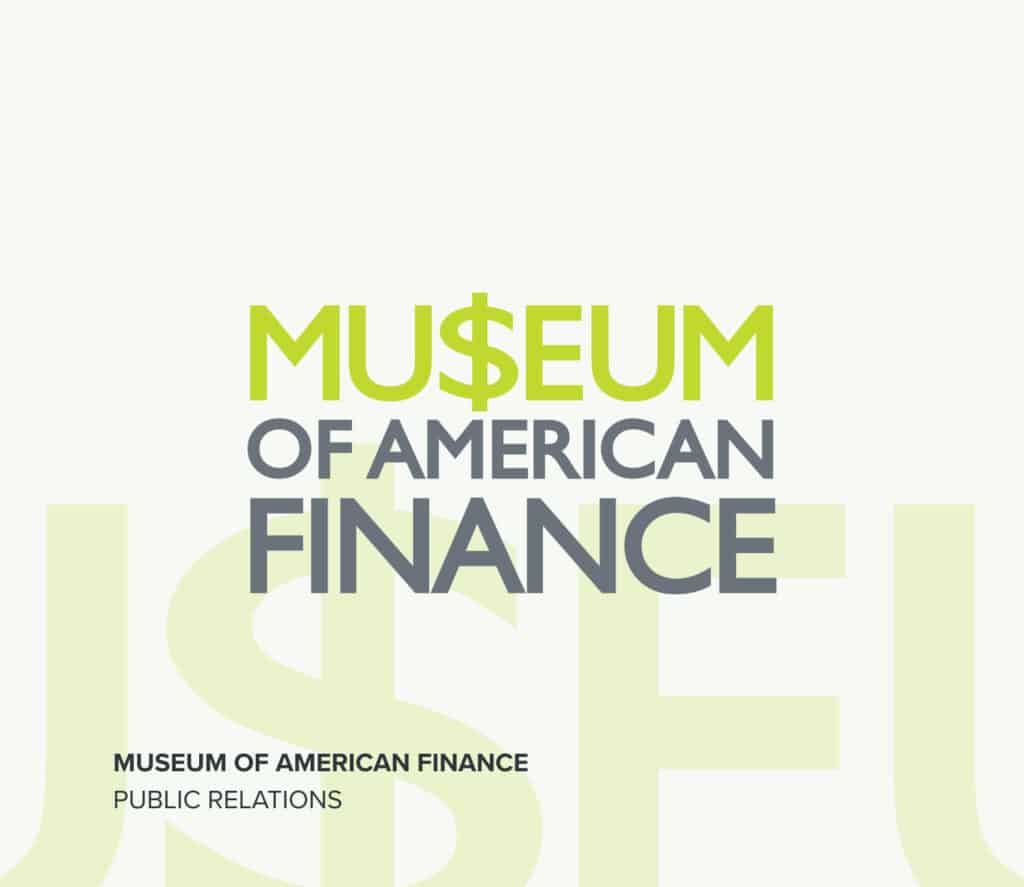As we round out Financial Literacy Month, we sat down (virtually) with two Vesties to chat about their relationship with money, and how and why they pursued a career in financial communications.
MARIAN DANIELLS, VICE PRESIDENT
QUESTION: Did your family talk about money growing up?
ANSWER: My parents took great care to make sure we understood the basics of money. I remember when I was very young choosing “themes” for a college investment portfolio. And we learned how to budget from an early age. We talked about money, but I didn’t have the context as a child to really understand the numbers.
QUESTION: What are some common money beliefs you were taught as a kid, either directly or indirectly?
ANSWER: I learned early on the value of money. My parents provided for me and my siblings everything we needed. And they also paid for extras — sports, hobbies, etc. — to a point. In a few instances, they pushed me to choose. Private music lessons or club soccer? Birthday party or cash gift?
Experiences or items that were especially superfluous required my own spending. When I was about 5 or 6 years old, I cobbled together $20 to help pitch in for a Nintendo 64. In middle school, I worked odd jobs around the neighborhood to contribute a few hundred dollars to participate in a trip to the east coast. In high school, I applied to and was accepted to one of the most prestigious boarding schools in the country, and my parents said they’d support the cost of four years of school — but I had to pick which four (high school or college).
Having to make difficult decisions and having skin in the game meant I valued these goods and experiences more, appreciated what my parents did provide, and didn’t take them or their spending for granted.
QUESTION: Did your family give you money as a kid? If not, did they encourage you to earn it?
ANSWER: We had allowances that scaled with age, and increased in heftier chunks in middle school and then in high school. But with those larger bumps, I was then responsible for more spending.
By high school, I was responsible for buying and washing my own clothes. I learned early on to treat my things with respect. We also picked up other odd jobs. My dad is an entrepreneur and I’ve stuffed thousands of invoices into envelopes for him.
We could do more involved chores for more cash. My favorite? Bleaching and re-sealing 1,500 square feet of tile for $50. Again, it plays into the theme of valuing and taking care of one’s things. I’ve also always had a job since I was 16 and worked 20 hours a week in high school.
QUESTION: What is the best money advice you’ve ever received and still use today?
ANSWER: A close friend and mentor said something in passing to me when I was a young adult. She told me to always have $5,000 tucked away so I could take care of myself in an emergency. In her case, she was referencing a divorce.
I’m in a long-term relationship (that pre-dates that conversation) but I have, in a few instances, set aside buffers just in case they were needed.
As finances become more interwoven, there’s a strength that comes from financial independence. My partner and I are with one another because we choose to be and love each other, not because of financial co-dependence. It’s a privilege not all women, especially, have. And it’s something women are rarely taught.
QUESTION: What’s one thing you weren’t taught about money growing up that you wish you would’ve known?
ANSWER: In the fourth grade, my math group played a “stocks” game, where we had some imaginary total of money we then “spent” on various stocks. We tracked their fluctuations in the business section of the newspaper and multiplied each share price by our number of shares.
Great practice in multiplication, but a not-so-great introduction to “investing,” given the baked-in diversification of index and target-date funds.
GABBY DICARLO, VESTED ASSOCIATE
QUESTION: What are some common money beliefs you were taught as a kid, either directly or indirectly?
ANSWER: As a kid, I was always told to pay myself first because saving is security for the future. I also learned at a young age that the appearance of wealth doesn’t necessarily translate to financial security or being rich.
QUESTION: Did your family give you money as a kid? If not, did they encourage you to earn it?
ANSWER: I earned an allowance by doing chores around the house and doing what was asked of me. However, I rarely saw that money because my parents put it in a savings account for me to start managing once I could do some decent math and not lose a ledger book.
The downside was that once I wanted to use my money, I had to ask for a ride to the bank, bring my ledger book and fill out a withdrawal form — all just to go to the mall with my friends.
QUESTION: What is the best money advice you’ve ever received and still use today?
ANSWER: Live below your means, always and forever, if you can!
QUESTION: How “financially literate” do you think you are today? How well do you understand real-life topics like saving, debt, budgeting, credit, investing, and insurance?
ANSWER: I think I’m informed enough to become financially secure through limiting debts and growing wealth through investing and saving. I was taught a lot about personal finance when I was growing up, especially budgeting, debt, and credit, so I’m prepared for most of the basics.
I definitely still have more to learn about diversifying investments and all-things insurance. Insurance is totally my weakest link, but when my first bill comes I’m sure I’ll catch up to speed quite quickly.
That’s A Wrap!
Talking about money is often a taboo topic in our society. We’re proud to celebrate Financial Literacy month as an agency, and we’re also grateful for our very own Vesties who are willing to open up and share some of the money lessons they learned as kids.
How did you learn about money growing up? If you’re comfortable, share your answers with us on Twitter! We’d love to hear from you.


